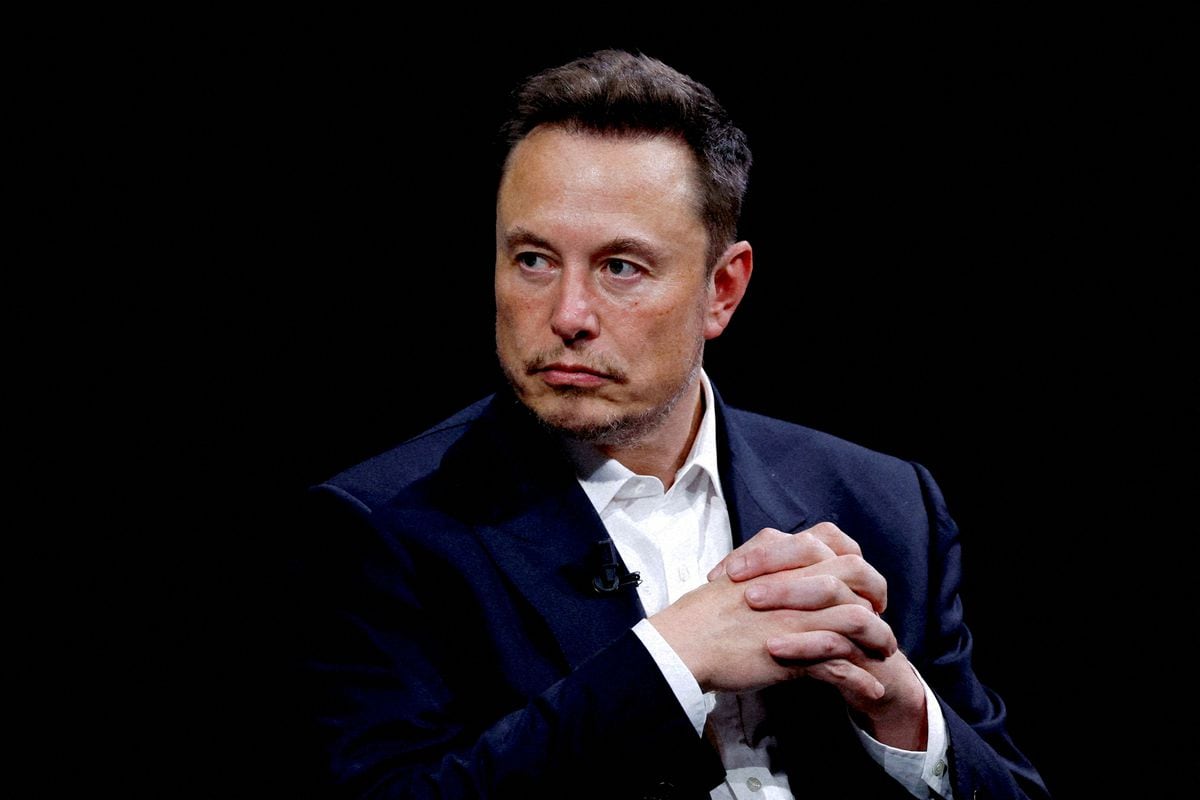Enlarge image
Weather anomalies as a result of climate change: As temperatures rise, precipitation decreases in many regions, while flooding increases in others
Photo: Busà Photography / Getty Images
Now it happened very quickly. It took less than a week for the government to raise the national climate target. Climate researchers and activists have been calling for this for over a year and a half. First presented in September 2019, the law was regularly attacked: too lax, too unambitious, not in conformity with the Paris Treaty. In vain - until the verdict of the Federal Constitutional Court exactly one week ago.
What the government defended for months as having no alternative could now be overturned within a few days: Under pressure from the Federal Constitutional Court, the government wants to emit 65 percent fewer greenhouse gases by 2030 instead of 55 percent compared to 1990. This emerges from the draft for the amendment to the Climate Protection Act, which SPIEGEL has received. In addition, climate neutrality should be achieved by 2045 instead of 2050. And at the instigation of the judges, there is now another intermediate goal: In 2040, 88 percent fewer greenhouse gases are to be produced than in 1990. Chancellor Angela Merkel wants to announce this to the international community today at the Petersberg Climate Dialogue, which will take place in Berlin until Friday.
In the draft, the new sector targets are also specified for the first time: In the Climate Protection Act, each area has its own annual maximum CO2 limits until 2030, which must be achieved. If a ministry is not on track with its carbon footprint, improvements must be made. According to the current draft, industry and the transport sector in particular will have to do more over the next nine years. "This shows that the federal government does not trust itself very much when it comes to energy," commented Patrick Graichen, Director of Agora Energiewende. In addition, the new sector targets do not apply until 2024 - that could have been earlier.
"It is very good that there are now higher savings targets", comments Christoph Bals from the environmental organization Germanwatch and long-time observer of climate policy.
Little has changed in the draft with regard to the role of the scientific climate council.
After the ruling from Karlsruhe, it should actually be significantly strengthened as a political control body, criticizes Bals.
However, it is not yet clear whether the figures in the tables and the wording of the draft law will remain.
Federal Environment Minister Svenja Schulze only wants to coordinate with the Union parliamentary group this evening, government circles say.
The climate law is to be passed in the cabinet on Wednesday.
More climate protection - not entirely voluntary
But how ambitious are the new goals and why did you come to an agreement so quickly?
The answer is easier than expected: the federal government should have raised its targets anyway - because of the European Union's Green Deal by EU Commissioner Ursula von der Leyen.
In the new EU climate law, which was passed by the Commission, Council of Ministers and Parliament just a few weeks ago, the 27 countries are to reduce their total emissions by 55 percent compared to 1990 over the next ten years - previously it was only 40 percent.
Because Germany is the EU's largest emitter of greenhouse gases, it has to sharpen its national targets.
The federal government also knew this by the end of 2020 at the latest when the EU Commission announced its new target for the first time.
Even before the ruling from Karlsruhe last week, the Federal Government's Climate Expert Council had calculated that the implementation of the new EU climate target of 55 percent greenhouse gas reduction would mean an increase to 62 to 68 percent for Germany. By July at the latest, when the EU Commission wants to present its legislative package for the implementation of the Green Deal, it would have been clear that Germany would have to make adjustments. The new goal is therefore not a change of heart, but the double pressure from Karlsruhe and Brussels.
Nevertheless, the federal government is now on the right track, according to energy transition experts like Patrick Graichen.
At the beginning of this week, the think tank and the Climate Neutrality Foundation proposed concrete reform steps for German climate policy.
The government now has some of these in its program, including the early target year for climate neutrality to 2045. The target year, which is five years early, would save almost one billion tons of CO2 emissions, according to the paper.
Greens and climate activists are less euphoric: "But -65 percent by 2030 will not be enough," said Lisa Göldner from Greenpeace on Twitter.
Like the Greens, she is calling for a 2030 target of at least minus 70 percent.
"It would be a giant step forward if the federal government now decided on a 65 percent target by 2030 and greenhouse gas neutrality by 2045"
Christoph Bals, Germanwatch
Chistoph Bals also thinks: "For the 1.5-degree target in the Paris climate treaty, 70 percent would be necessary." would decide by 2045. "
For Patrick Graichen, it is not the level of the goal, but its implementation that is decisive: "We have a start-up problem." Germany is struggling with a "very poor starting level".
The expansion of renewable energies is extremely low compared to what will be needed over the next few decades.
It is not only necessary to work on the goals, but also on the details of the Renewable Energy Sources Act and the CO2 price.
"To do this, we urgently need to simplify the planning procedures for wind turbines, provide space and resolve conflicts with nature conservation," says Graichen.
Without enough green electricity, electrification in other areas of society, such as transport, could not succeed either.
How the coal exit could take care of itself
In any case, the federal government does not want to touch a sore point in the climate debate: The coal phase-out in 2038 should not be reopened, according to government circles.
Scientists and activists are calling for the shutdown of the last coal pile to be brought forward to 2030.
Enlarge image
Consequences of climate change: Drought in Germany in 2018
Photo: Getty Images
A 65 percent target is not compatible with coal-fired power plants running until 2038, comments Christoph Bals.
There is no need for a political move forward - the coal business could soon take care of itself.
"In view of the rise in the CO2 price, emissions trading will ensure that coal will no longer make economic sense in the foreseeable future," said Bals.
As part of the European emissions trading scheme, coal operators have had to pay a price per ton of CO₂ for over 15 years.
Its height determines the life and death of the industry.
"Even at a current price of 47 euros a ton, coal electricity is on the verge of inefficiency," says Patrick Graichen.
However, emissions trading must be improved, for example with a minimum price, so that there is no coal renaissance when market prices are low.
The German CO2 price - which was introduced at the beginning of this year - is also an adjustment screw for the displacement of fossil fuels such as oil, gas and coal: »We hope that the government will reduce the price from the current 25 euros to 50 euros at the beginning of the next Year increased «, says Graichen. If the pace continues, that will be 100 euros a tonne of CO₂ by 2025. That could then make electric cars, building insulation and renewable heating systems extremely attractive.



/cloudfront-eu-central-1.images.arcpublishing.com/prisa/RFXKLPJ6S5PGXJYGTELOFX5R6E.jpg)
/cloudfront-eu-central-1.images.arcpublishing.com/prisa/CPCAPBNNZFHSDDUPITKV6D3I3A.jpg)










